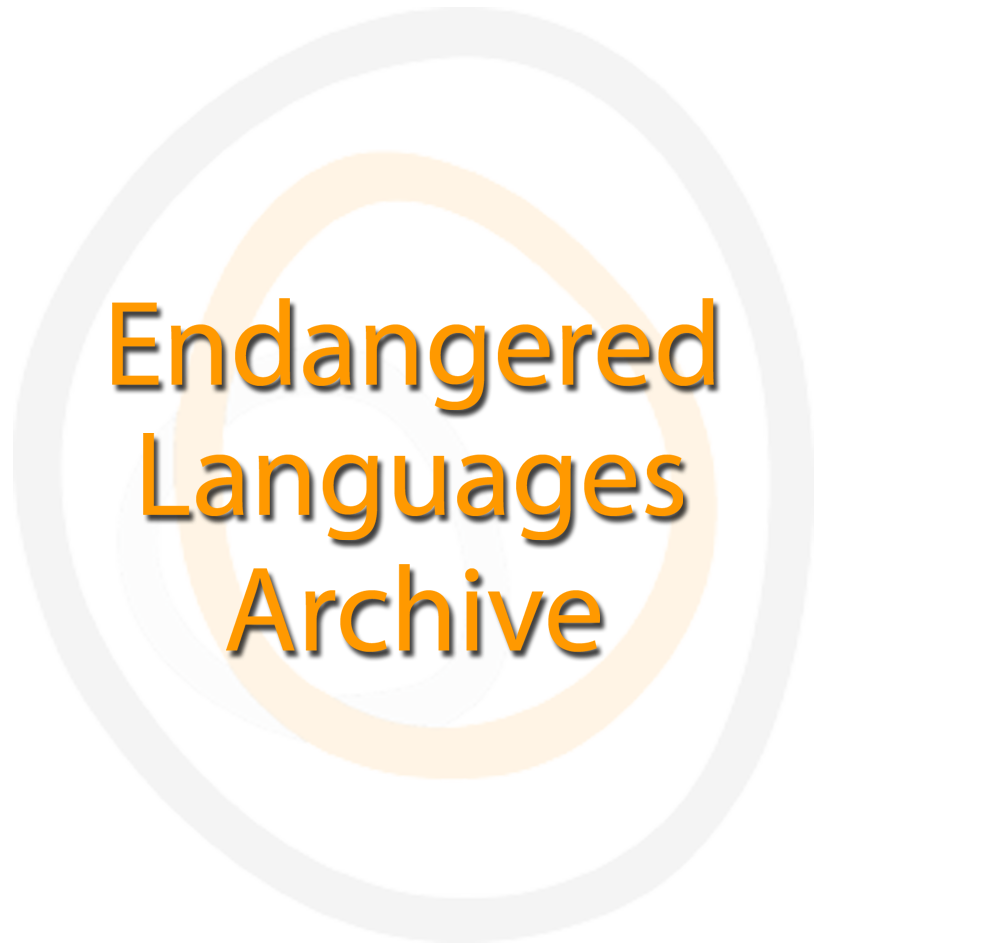Documentation of Matanvat (Nese): A highly endangered Northern Vanuatu language
| Language | Matanvat (Nese) |
| Depositor | Lana Takau |
| Affiliation | Max Planck Institute for the Science of Human History |
| Location | Vanuatu |
| Collection ID | 0130 |
| Grant ID | SG0109 |
| Funding Body | ELDP |
| Collection Status | Collection online |
| Landing Page Handle | http://hdl.handle.net/2196/6fb0013e-97bc-4d79-b339-10a7138c180b |
Summary of the collection
The data is very limited due to the moribund status of the language and the socio-political divisions within the community. The data was collected by Lana Takau and Catriona Malau was the principal investigator. The collection is roughly around 12 hours in total of video and audio materials. The video materials are mainly of discussions between the last speakers of the language on certain cultural topics such as gardening techniques, how houses were made in the past, the different names of different crop varieties such as yams. Audio files are mainly elicitation sessions.
Group represented
The Nese language is spoken by less than 20 people living in Matanvat village in North West Malekula. The language is no longer spoken on a daily basis. The fluent speakers are aged 40 years and over. Young people do not show an interest in learning the language given that it has no place in the job sector which requires people to have good knowledge of English, French and Bislama. There is a single extended family in Matanvat who are making efforts to pass on the language to their children. They are, however, facing a lot of criticism by other villagers who claim they are not speaking the correct ‘Nese’ language. Given that the community is embroiled in legal battles over land boundaries and chiefly titles, the issue of reviving the language is becoming very problematic. Bislama is the dominant language in the area and is even the language of instruction in the local Sandak Primary School. With the dominant presence of Bislama and the socio-political divisions, and negative attitudes towards the language by the younger generation, chances of the language surviving within the next ten years are very slim.
Language information
The Nese language is an Austronesian language belonging to the subgroup of the Oceanic language family. It is spoken in a village known as Matanvat in the North Western tip of Malekula, an island located in Northern Vanuatu. Within the Vanuatu language group, it is placed in the Northern Vanuatu language group and within the Malekula language family, it is in the Northern Malekula linkage. The language has less than 20 fluent speakers, however, it is no longer actively spoken on a daily basis. The language was primarily used as an oral means of communication and proably the first writing used was developed by SDA missionaries who wrote gospel songs in the language, however, all these materials are no longer available. Crowley’s (2006) sketch grammar was the first grammatical description of the language and he notes that Nese is a speech variety which is part of a group of communalects namely, Naha, Njet, Njav and Najit. Bislama is currently the dominant language spoken in Matanvat.
Collection contents
About 8 hours of video recordings and approximately 5 hours of audio recordings are in this bundle. The content of these recordings ranges from gospel songs, custom songs, narratives, procedural texts about how certain traditional dishes are made, names of fish varieties and plant species, a casual conversation on various topics between six speakers, and texts that were a result of stimulus materials. The amount and nature of the data collected is very restricted due to the language being moribund and the socio political divisions within the community.
Other information
None of the data in this collection may be used as evidence in court
Acknowledgement and citation
To refer to any data from the collection, please cite as follows:
Takau, Lana. 2015. Nese materials. Endangered Languages Archive. Handle: http://hdl.handle.net/2196/00-0000-0000-000E-37AE-D. Accessed on [insert date here].


